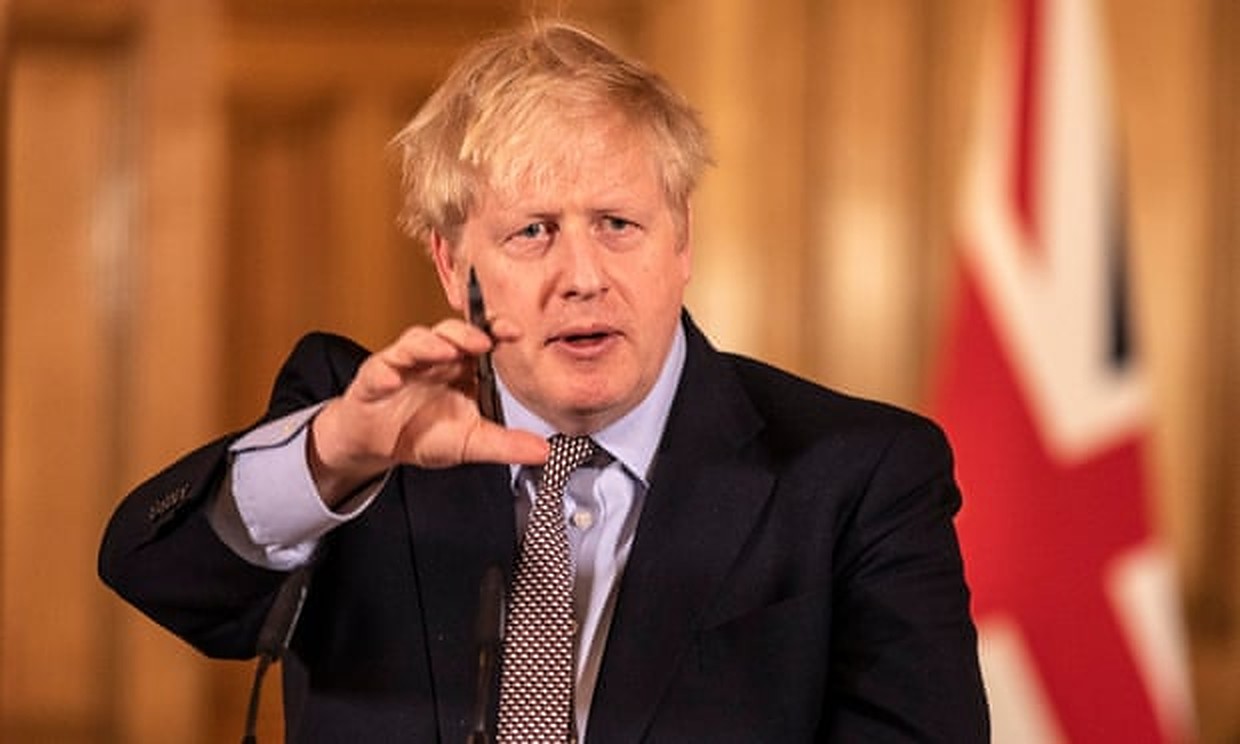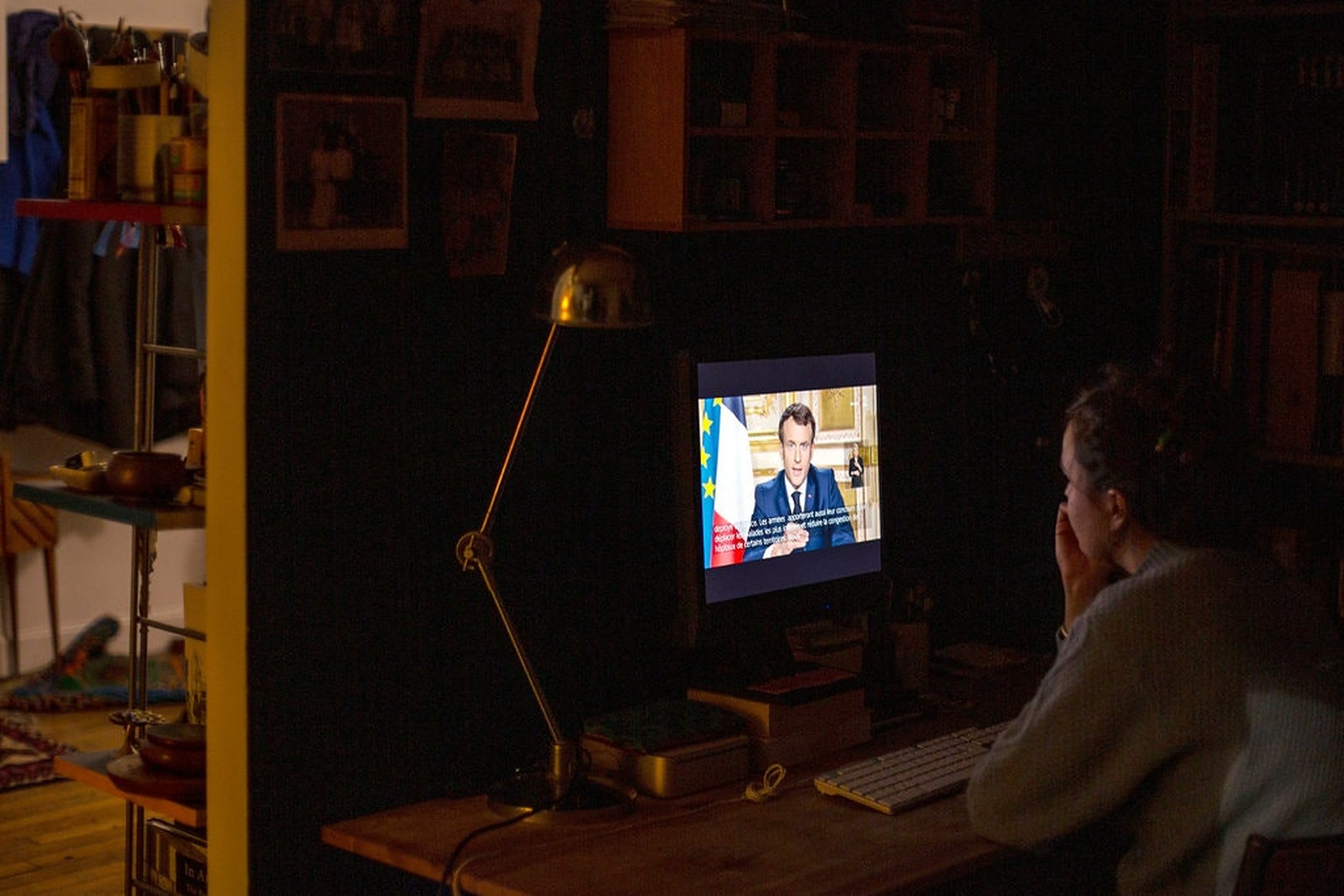At this very moment, there is most definitely a conversation between two Egyptians on whether they trust the government’s official numbers and the health ministry’s capacity to combat the worldwide pandemic.
Earlier last week, just right after the announcement of the suspension of schools and universities for two weeks, I noticed the panic slowly sweep across Egypt. Conversations on coronavirus came to be the centre of every workplace, household and public space. A taxi driver expressed to me his concerns, “I am very worried, I don’t think our government has the capacity to deal with such a pandemic,” he told me, “the fact that they suspended the schools means that the number is probably larger.”
Then came the news of shutting down of airports and suspension of international flights.
Speaking to TV presenter Amr Adib last night, Dr. Khaled Al-Anani, Minister of Tourism and Antiquities, noted that the losses in the tourism sector after suspension of flights would amount to a staggering one billion dollars per month.
“This is for the protection of our people and our guests,” he said, “we are not looking at profits or tourism money.”
The message by the Egyptian government was stern and clear: we want to protect the population. This powerful message, though simple, carries a lot of weight in today’s digital age. On the very same day, Egypt’s Prime Minister Moustafa Madbouly’s face became shared widely on Facebook next to a list of his strategies, receiving much praise from the Egyptian people.
The fact that Egypt is sacrificing tourism dollars for the sake of public health is highly significant, and should also inspire further policy directions in the future that puts more value in worker’s rights and human lives. According to Talib Visram, economists are already suggesting ‘lump-sum cash payouts to every citizen’ to stimulate spending and protect worker’s rights during the crisis. Though at first sounds radical, it could very much turn out to be the future of politics in the current age.

However, apart from losing a billion dollars and pulling the economy into an unknown future, what will turn out to be the main challenge is how world governments will be able to build trust with the public. Their strategies will most definitely have a long term effect on inspiring faith in government. UK Prime Minister Boris Johnson has already been under heavy criticism following the announcement of his ‘herd immunity’ approach and reluctance to impose a full lockdown—it could even turn into his ‘worst nightmare‘ as one writer remarks.
Failing to address the public’s concerns, as well as sending various and mixed messages, Johnson is evidently breaking the people’s faith in the British government. The local population has already taken to social media to raise awareness and form their own plans, such as the online #
In Egypt, a large group was also created on Facebook, named ‘Coronavirus Egypt 2020 official group‘ with over 500,000 members as of now. People are sharing tips, awareness and various coping measures to help contain the virus.
It is a reflection of just how much social media is already putting power into the hands of the people, and how there is a necessity for governments to firmly respond with full transparency.

Singapore’s management of the crisis is one example of effective and strong communication. The country’s Ministry of Health is releasing data with full details, including information on where to get testing and the precise location of those infected, all of which inspired the community itself to launch a website where you can track every known case in real-time.
I'm stunned by the depth of #coronavirus information being released in #Singapore. On this website you can see every known infection case, where the person lives and works, which hospital they got admitted to, and the network topology of carriers, all laid out on a time-series pic.twitter.com/wckG8KpPDE
— Ryutaro Uchiyama @uchiyama.bsky.social (@RyutaroUchiyama) March 2, 2020
Realistically speaking, Egypt’s Ministry of Health does not have equal capacity as other countries. However, it is hopeful to see that building trust with the public is being slowly prioritized.
In the last days, a nationwide decree was issued to suspend any and all activities or events that may require large gatherings, cinemas and theatres, smoking of shisha, public markets and to reduce the number of workers in the public sector and those working in government facilities.
Though these measures have already been taken by many other countries worldwide, the Egyptian government is now under a test to prove and convince its population that it is willing to strongly act on these measures, even if it means pulling the economy into the great unknown.
It is a task that can either plunge the regime into a disaster or pull it out of it.
*The opinions and ideas expressed in this article do not reflect the views of Egyptian Streets’ editorial team. To submit an opinion article, please email [email protected].







Comments (0)